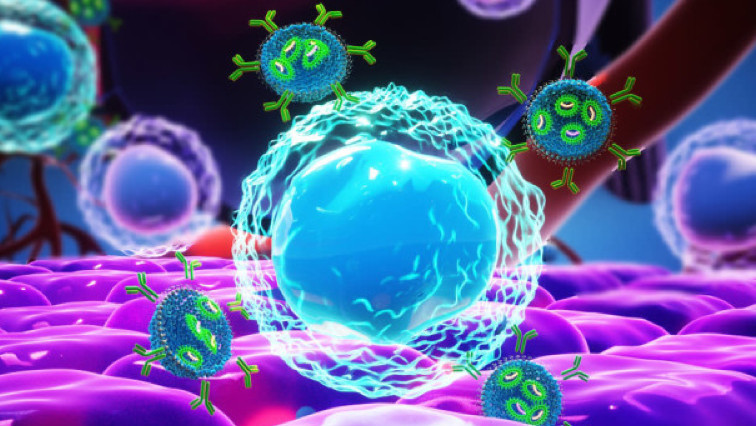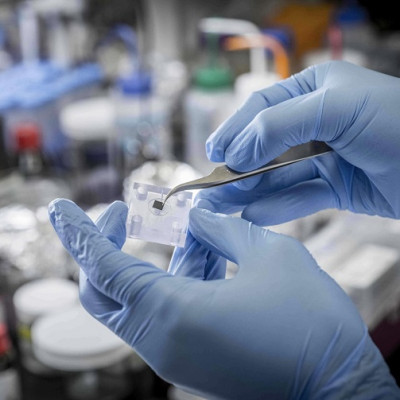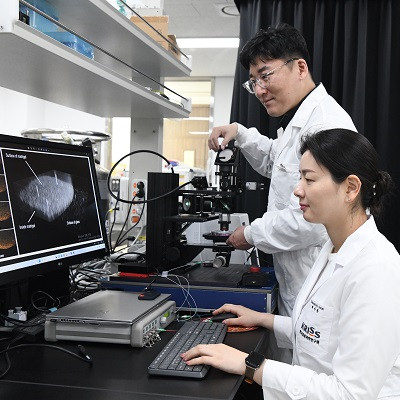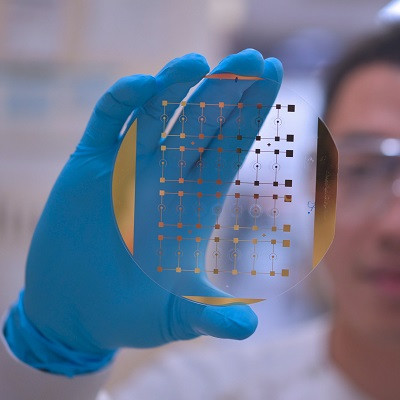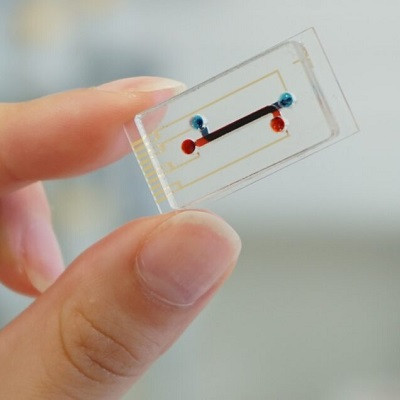“Today, we flood the body with antibodies that, although selective, damage all the cells that express a specific receptor, regardless of their current form,” explained Prof. Dan Peer, TAU’s vice president for Research and Development, who led the study. “We have now taken healthy cells out of the equation that can help us – that is, un-inflamed cells – and via a simple injection into the bloodstream [we] can silence, express or edit a particular gene exclusively in the cells that are inflamed at that given moment.”
Peer’s team has been working on the use of RNA for treating cancer and other diseases for decades. They had already identified how to differentiate between diseased and non-diseased cells. They were also at the forefront of delivering antibodies to cells. The breakthrough is the ability to deliver the antibodies specifically to the right cells.
“On every cell envelope in the body, that is, on the cell membrane, there are receptors that select which substances enter the cell,” Peer said. “If we want to inject a drug, we have to adapt it to the specific receptors on the target cells, otherwise it will circulate in the bloodstream and do nothing. But some of these receptors are dynamic – they change shape on the membrane according to external or internal signals.”
Only about 15% of cells are actually diseased, he said, meaning that with this new delivery system, some 85% of cells that are healthy are left to do the work they need to do.
“Our development actually changes the world of therapeutic antibodies,” Peer said.
The study was published in Nature.
RNA and lipid nanoparticles have become household names this year with the creation of the Pfizer and Moderna coronavirus vaccines – the first operative messenger RNA vaccines in the world.
Moderna and Pfizer are simply delivering a specific mRNA sequence to our cells. Once the mRNA is in the cell, human biology takes over. Ribosomes read the code and build the protein, which the cells then express in the body.
Before these vaccines, researchers had been working with RNA for the better part of three decades for use in other indications, mostly cancer. Peer said this latest breakthrough is the “next, next” level beyond the vaccines.
“Imagine you have a missile and the missile knows how to identify the specific address, specific apartment and specific room within the apartment,” said Peer. “We are the first in the world to succeed in creating a drug delivery system that knows how to bind to receptors only in a certain situation, and to skip over the other identical cells: that is, to deliver the drug exclusively to cells that are currently relevant to the disease.”
In this particular study, done on mice with inflammatory bowel diseases such as Crohn’s disease and colitis, the team was able to improve all inflammatory symptoms ranging from the animal’s weight to pro-inflammatory cytokines.
“We compared our results with those of antibodies that are currently on the market for Crohn’s and colitis patients, and found that our results were the same or better, without causing most of the side effects that accompany the introduction of antibodies into the entire cell population,” Peer said.
The next step would be to test the system on humans, he said, which could take two or three more years – “but we have seen from coronavirus that when we need to, we can move quickly.”
Read the original article on The Jerusalem Post.

